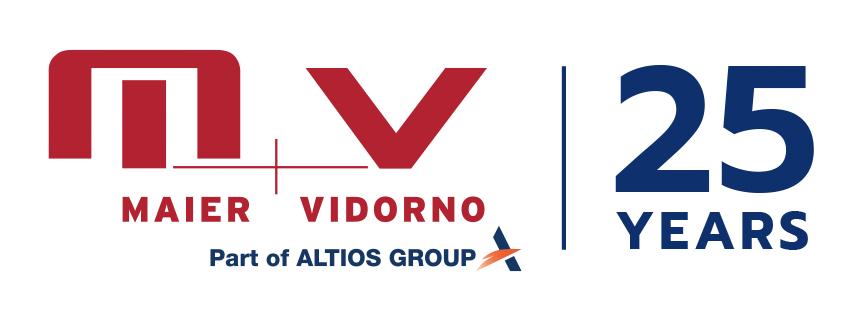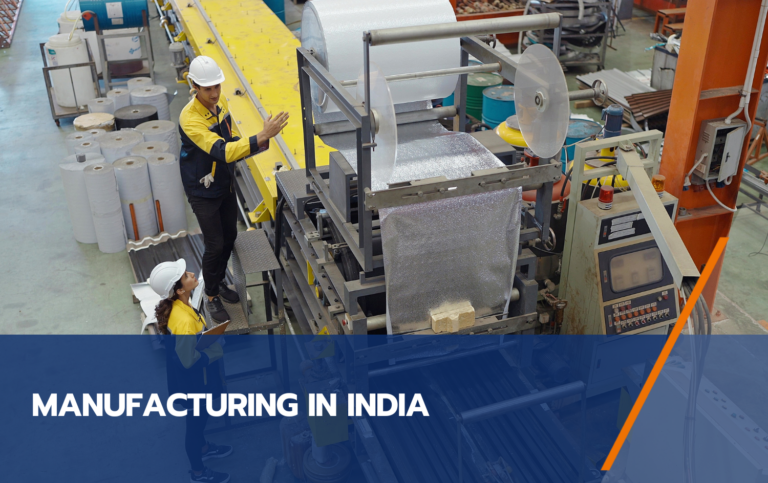India Market Entry Guide for Swiss Companies
This guide provides Swiss companies with a practical framework to understand and navigate the Indian business environment. While the Swiss Business Hub India maintains an institutional relationship, this document is curated and delivered by Maier+Vidorno Altios, a leading market entry and expansion consultancy specializing in Indian operations.
1. Understanding the Indian Market Landscape
India is a dynamic, fast-growing market offering Swiss firms substantial opportunities in sectors such as engineering, life sciences, information technology, consumer goods, and clean energy. With a diverse and youthful population, increasing digital adoption, and governmental support for manufacturing under initiatives like “Make in India,” Swiss SMEs and MNCs can find robust prospects.
Key Highlights:
-
GDP: USD 3.7 trillion (FY2023-24 est.)
-
Population: 1.4+ billion with a rising middle class
-
Top cities for business: Mumbai, Delhi NCR, Bengaluru, Pune, Hyderabad, Chennai
-
Government focus on FDI, infrastructure, and ease of doing business
2. Modes of Market Entry
Swiss companies can consider multiple routes to enter the Indian market depending on their risk appetite, investment capacity, and long-term vision.
Popular Modes Include:
-
Exporting: Least risk, typically through Indian distributors or agents
-
Liaison Office (LO): For market research and representation (non-commercial activity only)
-
Branch Office (BO): For undertaking export/import or consultancy services
-
Project Office (PO): For executing specific projects in India
-
Wholly Owned Subsidiary (WOS): Full control and local presence
-
Joint Venture (JV): Partnering with an Indian firm, sharing resources and risks
3. Regulatory & Legal Framework
Doing business in India involves compliance with several legal and tax frameworks. Key elements include:
Entity Establishment:
-
Registration under Companies Act, 2013 (for subsidiaries/JVs)
-
PAN, TAN, and GST registration
Labour Laws:
-
Complex but being rationalized under four labour codes
-
Regulations around employment contracts, wages, working hours, and social security
Foreign Direct Investment (FDI):
-
Most sectors are under the automatic route
-
Sensitive sectors may require prior government approval
Taxation:
-
Corporate tax rates: 15% for new manufacturing companies, 22%-30% for others
-
GST (Goods and Services Tax): Indirect tax applicable on most goods and services
4. Business Culture & Operational Insights
Swiss companies must adapt to the Indian way of doing business, which emphasizes relationships, flexibility, and patience.
Cultural Tips:
-
Build trust gradually; face-to-face meetings matter
-
Decision-making can be hierarchical and time-consuming
-
Negotiation is common; pricing may be scrutinized thoroughly
Operational Recommendations:
-
Partner with reliable local consultants or service providers like Maier Vidorno Altios
-
Invest in local talent with cross-cultural capabilities
-
Understand regional diversity—business practices vary across states
5. Practical Recommendations from Maier+Vidorno Altios
Maier+Vidorno Altios has helped 50+ Swiss companies succeed in India. Based on this experience:
Entry Success Factors:
-
Conduct a detailed market assessment before committing
-
Define your India strategy based on realistic growth targets
-
Prioritize regulatory compliance and financial control from Day 1
-
Localize product offerings where feasible
Support Services:
-
Market research and feasibility studies
-
Partner search and due diligence
-
Legal and tax structuring
-
HR recruitment and payroll services
-
Interim management and business setup
6. Success Stories of Swiss Companies in India
AMMANN Group
The AMMANN Group, a Swiss-based global leader in construction equipment, is a notable example of successful Swiss business operations in India. With a major manufacturing plant in Gujarat, AMMANN India has established itself as a trusted supplier of asphalt mixing plants, compactors, and pavers.
Key success factors for AMMANN:
-
Long-term investment mindset and strong local presence
-
Customized product development for Indian conditions
-
Skilled local workforce and strong after-sales support
-
Strategic use of India as a manufacturing hub for global markets
Hamilton Medical
Hamilton Medical, a leader in intelligent ventilation solutions, has expanded its footprint in India to meet the rising healthcare demands. The company’s Indian operations focus on both critical care and technology deployment, enabling advanced respiratory care in major hospitals.
Key success factors for Hamilton:
-
Strong distributor and service network across India
-
Emphasis on clinical education and training for Indian practitioners
-
Adapting to local procurement norms and compliance requirements
-
Leveraging India’s biomedical ecosystem to support growth
These success stories illustrate how Swiss companies can thrive in India by combining global quality with local adaptation.
7. Conclusion
India is a complex but rewarding market. Swiss companies must invest time in understanding the local landscape and adopt a long-term mindset. With tailored support from Maier+Vidorno Altios, firms can mitigate risks and accelerate success.
For deeper engagement and customized advisory, Swiss companies are encouraged to explore Maier+Vidorno Altios’ suite of India market entry services.
Note: The Swiss Business Hub India maintains an institutional relationship with Maier+Vidorno Altios in support of Swiss exporters, but this guide is independently authored by Maier+Vidorno Altios.









